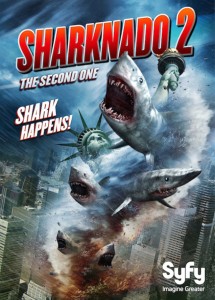Lena Dunham on “The Big Chill” Generation
Posted on August 4, 2014 at 3:47 pm
I am a big fan of Lena Dunham, and her essay on “The Big Chill” and its generation — her parents’ generation — is enormously thoughtful and beautifully written. Her insight and her generosity of spirit are very moving. And it reminds us that film can be, at its best, what Roger Ebert called “an empathy machine.” You can never know your parents as they were when they were your age. But, Dunham says, movies like this can remind us that once they were young and certain they would never become like their own parents.
https://www.youtube.com/watch?v=O19k-YtwXTgThere is so much you can’t imagine. You can’t imagine your parents on this weekend, dancing around the kitchen to Motown as they cook a big meal, moving their butts jauntily and leading with their shoulders. Many years later, at your bat mitzvah or your cousin Stephanie’s wedding, the way they dance will make you want to kill yourself. But if you could see them over this weekend, all together, if you trained a camera on them and let them dance back and forth, you would understand: they were young once too, and this is how they learned to dance, and now every time they dance that way they feel young again, even if you’re scowling at them from across the room and wishing they would explode.
What if someone found a way to show you? To show you that your father’s friend with the glasses and the nasal voice, someone found him sexy once, held his hand furtively, thought he was the wit of the century. And your mother’s friend with the bouclé jacket who calls a thousand times to ask if you got her email about her son’s wedding invitations? Someone once wanted her badly enough that he chased her into the freezing yard and gnawed on her neck like a lamb shank. And that big lazy drunk who sends money at Christmas, who gets food stuck in his mustache and dates social workers? Well, he did the gnawing. And your aunt who isn’t really technically your aunt, she did want kids of her own. She tried.

